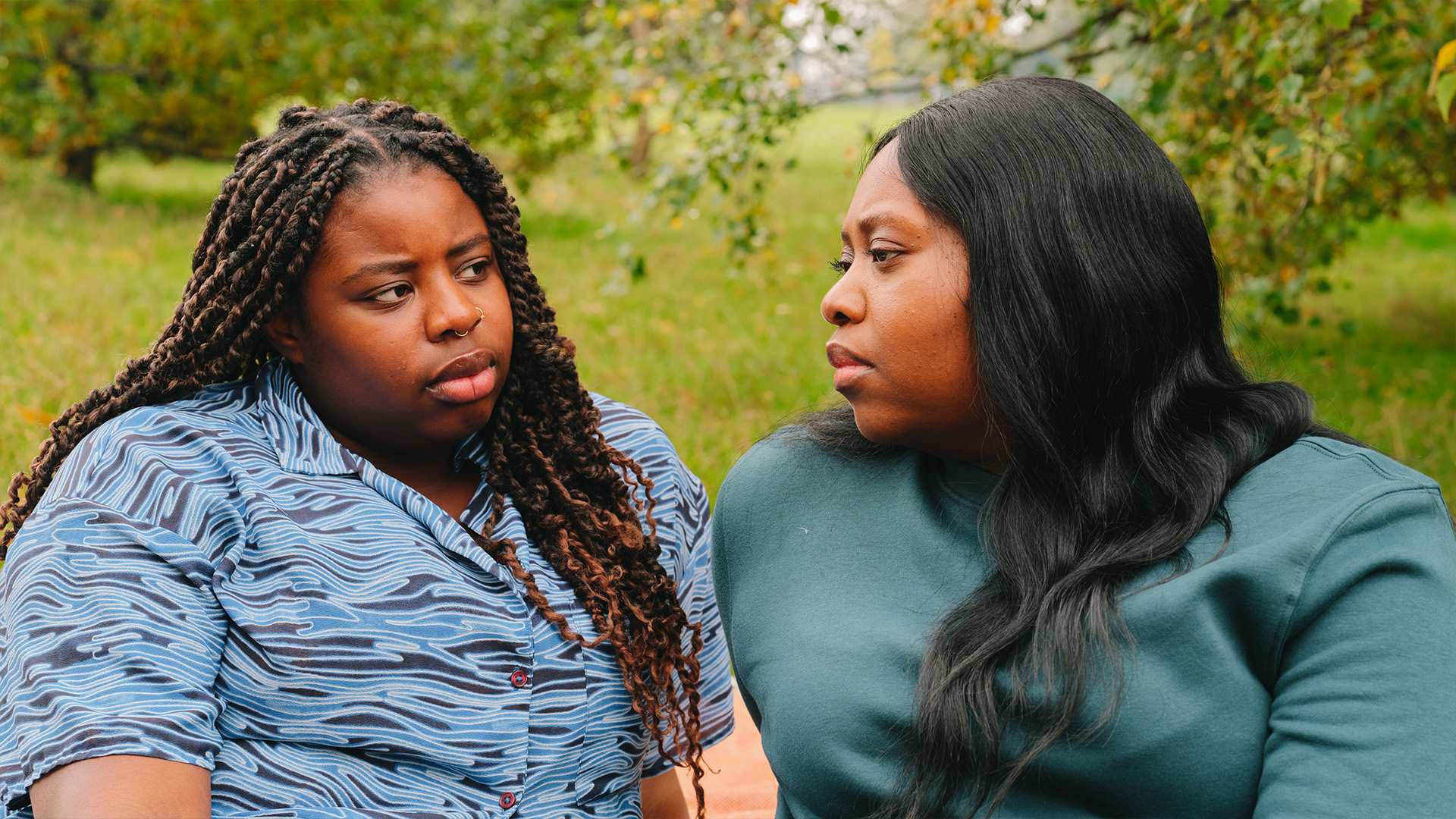
- For:
- Community support,
- Youth workers,
- Schools,
- NHS staff and commissioners
The purpose of this guide is to provide a brief overview of OCD for those working with young people in the community.
Obsessive-Compulsive Disorder (OCD) is a type of anxiety disorder that affects many young people in the UK. OCD is a mental health condition characterised by repetitive and distressing thoughts, images, or urges (obsessions) and repetitive behaviours or compulsions.
Young people with OCD often feel compelled to perform certain rituals or routines to alleviate their anxiety caused by their obsessive thoughts.

OCD can be a highly distressing condition, affecting young people's ability to engage in everyday activities such as school, work, and socialising. It can lead to feelings of isolation, shame and embarrassment, as young people may feel unable to control their thoughts and behaviours.
OCD can also affect their relationships with family and friends who can become involved in the OCD compulsions by avoiding certain objects or places. Strain on relationships can develop if the young person doesn’t see their compulsions as excessive or that they need help, and when loved one's actions become mixed in with their compulsions.
OCD differs from one person to another and it is also possible that a young person is able to hide their OCD from their friends and family.
It's important to be able to recognise the signs and symptoms of OCD, as well as know what treatments and support are available, so that you can best support the young people you work with.
Everyone is individual and not everyone will be affected by OCD in the same way.
Signs of OCD in young people can include:
Although symptoms often start young, a diagnosis may be made later in childhood, adolescence or adulthood. An individual will be diagnosed through an OCD assessment, with CAMHS if they’re under 18, with a trained health professional. The referral for an assessment comes from a young person’s GP, or through self-referral in England.
Treatment is usually through one or a mix of talking therapies, such as cognitive behavioural therapy, and medication. There may also be counselling or family therapy offered to the family.
By understanding the condition and offering non-judgmental support, you can help young people living with OCD. Take a look at our tips below on providing support. You can find more advice in our guide to supporting a young person to get help.
Allow young people to express their feelings and concerns without judgment or criticism. Let them know that OCD is a medical condition – it is not something that is bad or ‘their fault’ – and they are not alone.
Recovery from OCD can take time, so be patient and offer ongoing support to young people.
Encourage young people to prioritise self-care by getting enough sleep, eating well, exercising regularly, managing stress and engaging in activities they enjoy.
OCD can be treated successfully with many people not just improving their quality of life, but moving toward recovery. Talk to young people about exploring professional help from their GP or a mental health professional.
There is a lot of helpful information and support online, such as our young person’s guide to OCD. However, please be mindful of misinformation about OCD on social media and always check the source of advice. Take a look at our list of reliable organisations.
For more information and advice, read our OCD guides and blogs for parents and young people.
You can find more information and support for a young person with OCD through the following organisations.
Offers support and information to anybody affected by obsessive compulsive disorder (OCD).
OCD-UK provides information, advice and support for people with OCD.
You can access this support by visiting their website or by emailing parents@ocduk.org.
You can also join a regular support group for family and carers.
Your child can join a regular support group if they are aged 18 or over. OCD-UK sometimes run groups for under 18s too – check their website for details.
If you’re under 19 you can confidentially call, chat online or email about any problem big or small.
Sign up for a free Childline locker (real name or email address not needed) to use their free 1-2-1 counsellor chat and email support service.
Can provide a BSL interpreter if you are deaf or hearing-impaired.
Hosts online message boards where you can share your experiences, have fun and get support from other young people in similar situations.

This page was created in June 2023.
It was co-created with professionals with experience of supporting OCD and young people's mental health.
We will next review the page in 2026.
YoungMinds is a proud member of PIF TICK – the UK's quality mark for trusted health information.
Whether you love the page or think something is missing, we appreciate your feedback. It all helps us to support more young people with their mental health.
Please be aware that this form isn’t a mental health support service. If you or a young person you work with is in crisis right now and wants to talk to someone urgently, find out who to contact on our urgent help page.
At YoungMinds we take your privacy seriously. If you’d like to read more about how we keep the information we collect safe, take a look at our privacy policy.